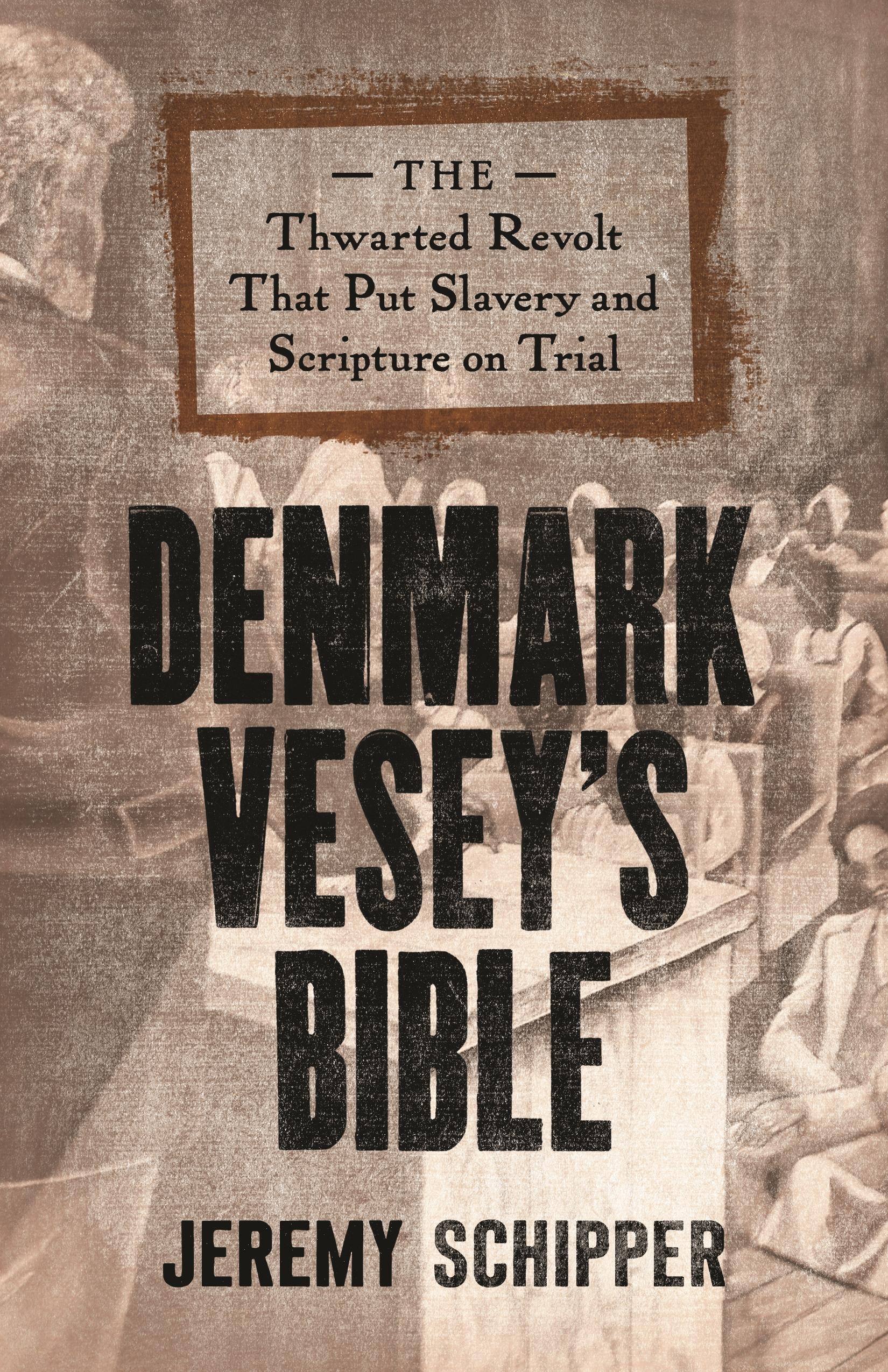Beyond the sons of Ham and the people of Kush, one does not get much mention of Africans in scriptural texts. But this hardly stoped Denmark Vesey finding himself and his people there anyway.
Born either in West Africa or the Caribbean sometime around 1767, this zealous revolutionary was enslaved in his early teens by Joseph Vesey, a trafficker in enslaved people. Capt Vesey settled in Charleston. Trained as a carpenter, the enslaved man won $1,500 in a local lottery and obtained his freedom for $600.
Financially secure, proficient in several languages, Denmark Vesey’s involvement in the African Church, a forerunner of today’s Emmanuel African Methodist Church, led to his radical liberation theology. Leading evening classes, he saw an opportunity to help Black people still in bondage, including his own children, far more profoundly than by repeating the admonitions of white clergy. Not for him were paradoxical quotations like “Servants, be obedient to them that are your masters” (Ephesians 6:5) or “Servants, obey in all things your masters” (Colossians 3:22).
Instead, like many Black leaders who followed, Vesey adopted the Bible as a playbook for salvation and freedom.
George Santayana had yet to warn the world that those who fail to learn from history are doomed to repeat it. But organizing the most ambitious grassroots armed insurrection ever planned, to free the enslaved people of Charleston, South Carolina and relocate them to Haiti, Vesey and his collaborators knew this lesson well. Their’s was a test which still resounds.
A late friend, the Harlem sage Grafton Trew, said: “Frederick Douglass told my grandfather it was plain to Vesey that in Biblical times, God’s chosen people, the Jews, were Niggers. Privileged elites, back then, the Romans and Egyptians, they were the masters and tyrants. He figured it was the same in his day, that slave masters were God’s enemies.”
Vesey read the exodus story of Israelite slaves triumphing over their Egyptian masters as mandate and compact. At Mount Sinai, Moses declared: “He that stealeth a man, and selleth him, or if he be found in his hand, he shall surely be put to death” (Exodus 21: 16).
As Trew said Douglass put it, “For Vesey, more than any mere directive, this was a Divine injunction.”
He took particular note of a biblical command for the annihilation of Jericho’s residents, in Joshua 6:21: “And they utterly destroyed all that was in the city, both man and woman, young and old, and ox, and sheep, and ass, with the edge of the sword.”
